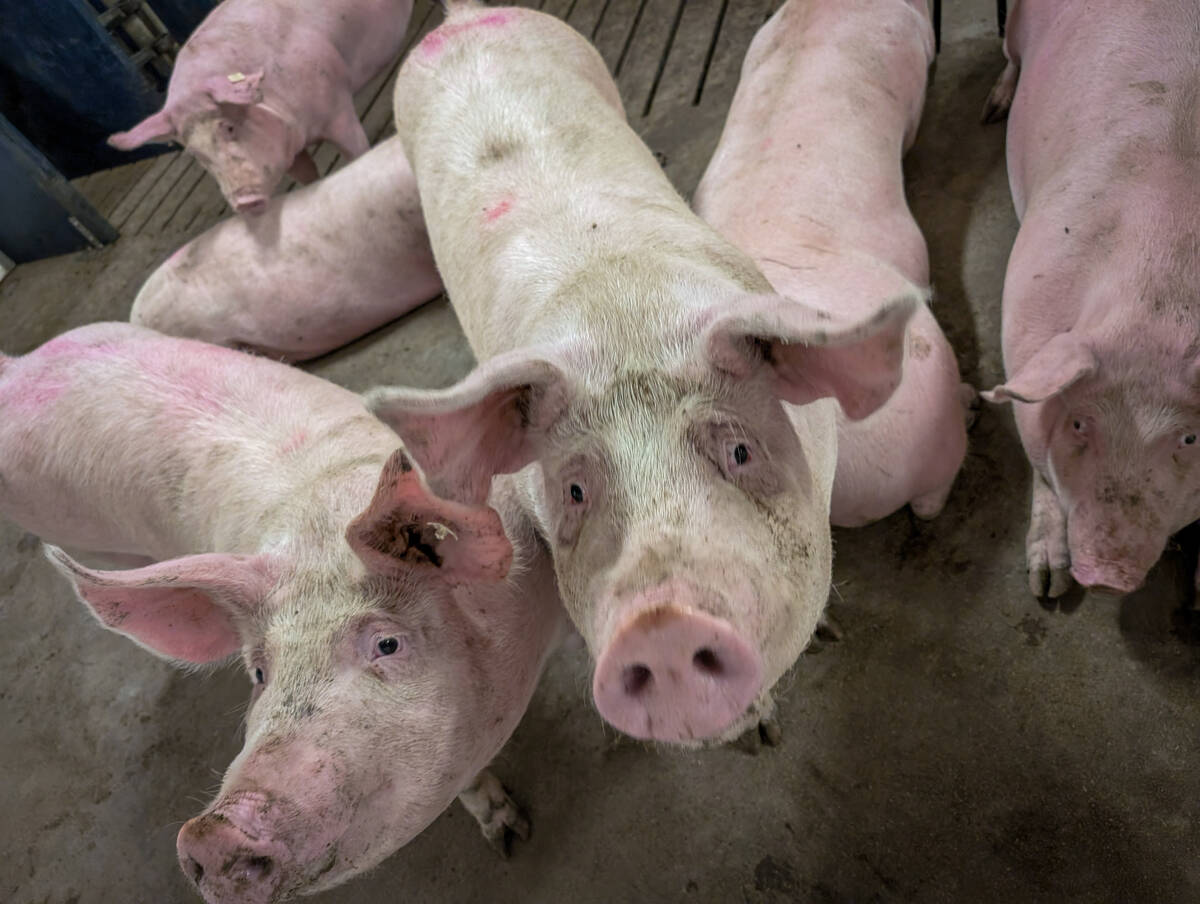Escalating costs and declining water quality have prompted two communities to form a partnership with a private utility company.
Known as a P3, the private-public partnership is an alternative for communities unable to keep up with the costs of maintaining a high quality water works program.
Red Deer County in central Alberta and Port Hardy on Vancouver Island signed long-term agreements with Epcor Water Services.
The Edmonton-based company handles water treatment, monitoring and equipment maintenance for a monthly fee.
Red Deer County covers 4,000 sq. kilometres and serves 18,500 rural people including five hamlets. Because of the agreement, the county does not have to maintain an expensive waterworks division or struggle with the perennial problem of keeping qualified staff.
Read Also

Pork sector targets sustainability
Manitoba Pork has a new guiding document, entitled Building a Sustainable Future, outlining its sustainability goals for the years to come.
“We have a rurbanite population. City people in the country who want city services,” said Frank Peck, county operations service director.
Peck estimates switching to a private contractor saved the county $1.52 million a year in wages, equipment and maintenance costs. Proposals for new infrastructure like lagoons, pipelines or repairs go to Epcor, which employs a staff of engineers.
Port Hardy once had serious water problems with discolouration and possible contamination. The situation was driving away tourists and businesses from the town of 4,500.
As a pilot project, Epcor installed an artificial neural net system that runs the entire water system. A computer in Edmonton monitors the system and dispatches repair crews when needed.
Under the old system, repairs could have taken weeks, said mayor Harry Mose.
“The costs are less of a burden for us when we have a partner,” he said.
Epcor’s Dan Pelletier told a Calgary drinking water conference that larger companies are able to introduce the latest technology to small communities.
Provinces like Alberta that demand increasingly higher standards make it nearly impossible for a small municipality to pay for the necessary infrastructure.
“Not only are the requirements becoming more stringent, they are becoming much more stringent about obtaining data and reporting data,” he said.
For some regions these demands are overwhelming.
“Continuous improvement is a challenge for all systems, but consumers expect it,” he said.

















